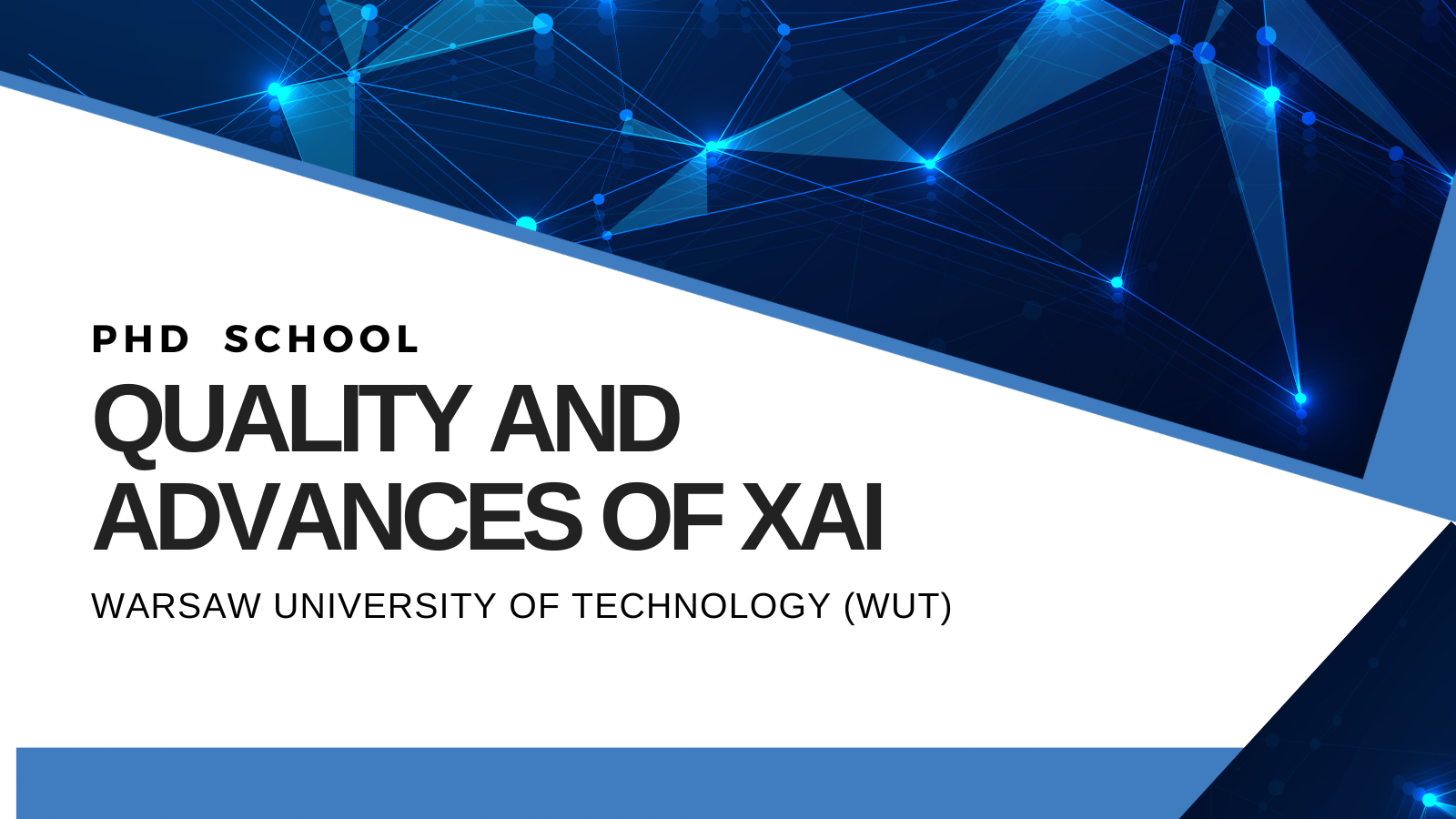
Speakers
-
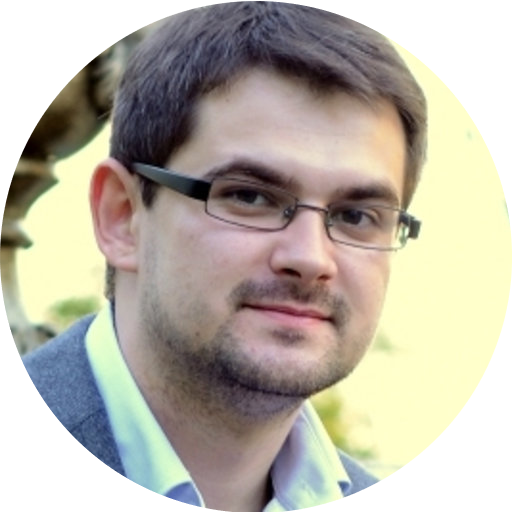 1. Marcin BędkowskiAssistant Professor, Institute of Polish Language, University of Warsaw
1. Marcin BędkowskiAssistant Professor, Institute of Polish Language, University of WarsawGraduate of philosophy and Polish philology at the University of Warsaw, Assistant Professor at the Department of Computational Linguistics of the Institute of Polish Language at the University of Warsaw, and senior expert at the Educational Research Institute. He received his PhD in 2016 for his thesis Paraphrasing as a method of analytic philosophy. His research interests include analytic philosophy, history of the Lvov-Warsaw School, pragmatic logic, logical semiotics, and natural language processing.
-
 2. Marcin KoszowyProfessor, Warsaw University of Technology
2. Marcin KoszowyProfessor, Warsaw University of TechnologyMarcin Koszowy is a philosopher working in the areas of logic, philosophy of language, pragmatics, and artificial intelligence. He is currently Deputy Head of Laboratory of the New Ethos at the Warsaw University of Technology, Poland. His current research is focused on appeals to authority and expert opinion, argumentation schemes for appeals to ethos (the character of the speaker), the structure and types of rephrased arguments, and corpus analysis of argumentative texts for the purpose of argument mining. He has published 2 books and over 30 peer-reviewed papers including articles in journals such as Argumentation, Logic and Logical Philosophy, Pragmatics and Society, AI & Society, and International Review of Pragmatics, co-edited 10 journal issues (including the special issue of the journal Argumentation devoted to “The Polish School of Argumentation”), participated in 2 research projects funded by the Polish National Science Center (NCN) and delivered 15 invited talks. He is also a steering committee member of the European Conference on Argumentation (ECA) and a member of the ArgDiaP organisation that coordinates the activities of the Polish research community in the area of argumentation, dialogue and persuasion. Koszowy is currently PI in the project AMoRe: An Argumentative Model of Rephrase: Pragmatic and Rhetorical Approach funded by the NCN and the Swiss National Science Foundation (SNSF).
-
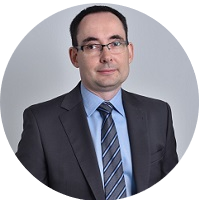 3. Marcin RojszczakAssistant Professor, Faculty of Administration and Social Sciences, Warsaw University of Technology
3. Marcin RojszczakAssistant Professor, Faculty of Administration and Social Sciences, Warsaw University of TechnologyAssistant Professor at the Faculty of Administration and Social Sciences, Warsaw University of Technology. He obtained a PhD in law with honours from the University of Warsaw and an MSc in computer science from the Poznan University of Technology.
His research focuses on the areas of IT security and protection of privacy on the Internet. Author of several publications discussing new technologies law – mainly cybersecurity, electronic surveillance and cross-border aspects of the application of data protection law. Honoured with the Prof. Remigiusz Kaszubski Award in 2021 for his work on innovative solutions in electronic banking and new technology law
-
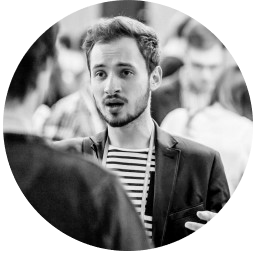 4. Marcin WozniakCEO at Swarmcheck | President of the board at Optimum Pareto Foundation.
4. Marcin WozniakCEO at Swarmcheck | President of the board at Optimum Pareto Foundation.Designer of a discourse system for detection of disinformation in the “Infostrateg” research and development program of the Polish National Center for Research and Development. Recently this works found continuation in HORIZON project “TITAN: AI for Citizen Intelligent Coaching against Disinformation”. Marcin served as a project manager in numerous strategic, policymaking, and participatory projects for local governments conducted by Swarmcheck. As part of the Optimum Pareto Foundation, he regularly participates in popular science and educational projects in the fields of argumentation, critical thinking, collective intelligence, and combating disinformation. He participated in the founding of NGOs such as the Polish Effective Altruism Foundation, All In UJ, and the Polish Transhumanist Association. He participated as a mentor in the Kuźnia NGO (NGO Forge) project, representing the Optimum Pareto Foundation among 15 organizations selected as the best managed NGOs by people under 30 in Poland.
-
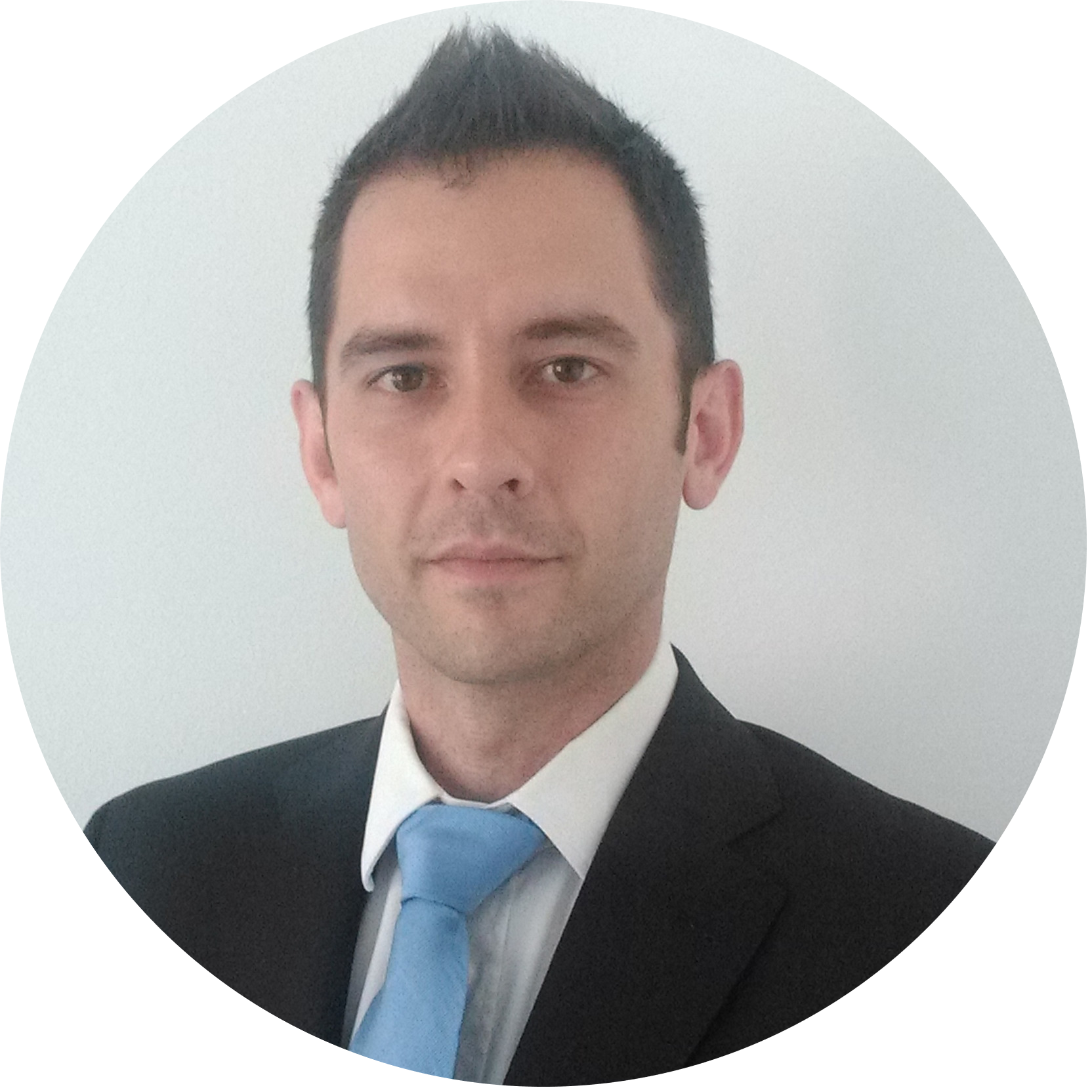 5. Roberto DiñeiroAI Director, Accenture and NL4XAI Secondment Supervisor
5. Roberto DiñeiroAI Director, Accenture and NL4XAI Secondment SupervisorRoberto Diñeiro is an AI Director at the Accenture Data&AI practice, leading the business development and delivery of AI solutions across multiple industries. He leads the Accenture’s Conversational AI Platform POD in Barcelona
-
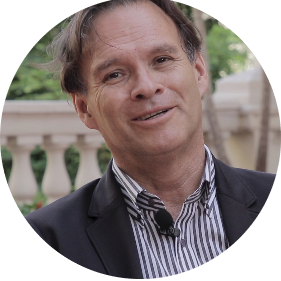 6. Ulises CortesHigh Performance Artificial Intelligence Group Manager, Barcelona Supercomputing Center and NL4XAI External Ethical Advisor
6. Ulises CortesHigh Performance Artificial Intelligence Group Manager, Barcelona Supercomputing Center and NL4XAI External Ethical AdvisorUlises Cortés is a Full-Professor and Researcher of the Technical University of Catalonia (UPC) since 1982 (tenured since 1988 and habilitated as Full-Professor since 2006) working on several areas of Artificial Intelligence (AI) in the Computer Science (formerly Software Department) including knowledge acquisition for and concept formation in knowledge-based systems, as well as on machine learning and in autonomous intelligent agents.
He is a member of the Global Partnership for AI board of experts. He coordinates the Master’s program on AI at UPC and is a member of various Ai and Ethics Committees. -
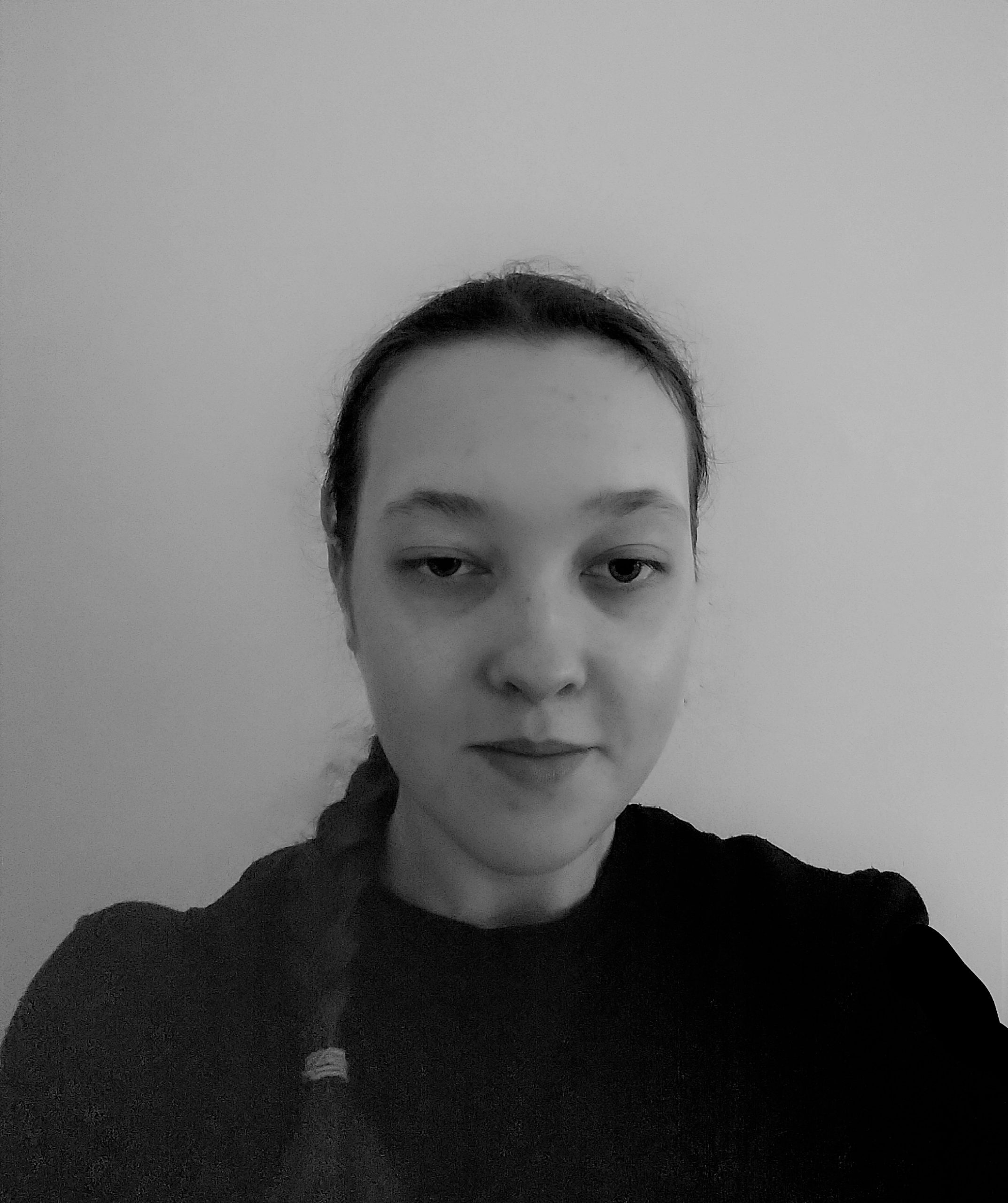 TUTOR: Ewelina GajewskaResearch Assistant NLP, University of Adam Mickiewicz in Poznan
TUTOR: Ewelina GajewskaResearch Assistant NLP, University of Adam Mickiewicz in PoznanEwelina Gajewska studies emotions and ethos in natural language linking computational linguistics and social sciences. She has a BA degree in cognitive science.
Ewelina is a research assistant at the Faculty of Psychology and Cognitive Sciences at Adam Mickiewicz University in Poznan (PL) and a member of Laboratory of The New Ethos at the Warsaw University of Technology (PL).
https://ewelina04.github.io/ -
 TUTOR: Katarzyna BudzynskaAssociate Professor, Warsaw University of Technology and NL4XAI Supervisor
TUTOR: Katarzyna BudzynskaAssociate Professor, Warsaw University of Technology and NL4XAI SupervisorKatarzyna (Kasia for short) Budzynska is an associate professor (senior lecturer) in the Faculty of Administration and Social Science at the Warsaw University of Technology (Poland). She is head of the Laboratory of The New Ethos and an honorary senior lecturer in the Centre for Argument Technology at the University of Dundee (UK).
Budzynska studies argumentation and persuasion linking philosophy, linguistics and AI. She has published 2 books and over 90 peer-reviewed papers including 23 papers in international journals such as Synthese, Argumentation, Discourse & Society and Artificial Intelligence. Her projects have attracted over €1.4m (6.3m PLN) grant funding in Polish, Swiss, British, German and European programs.
Quality and Advances of XAI
A selection of the most advanced projects will be selected for oral presentations and discussion panels. Relevant experts both from academia and industry will be included. Altogether, this event should serve for all ESRs to share experiences and learn from projects which have reached a degree of maturity, to motivate further progress. Additionally, ESRs will act as users for evaluating the presented results according to the defined criteria and, finally, they will learn how to analyse their results and discuss them with their partners.
The event is free. However for organisational purposes, we ask you to kindly fill in the registration form. (open until midnight CEST Mon 19th)
Click here to download the Full Programme.
Hourly Schedule
Day 1: Wednesday, September 22
- 9:15 - 10:45
- On the Notion of Explanation in the Context of XAI
- Any sufficiently advanced technology is indistinguishable from magic"... unless it has been explained. The aim of the talk is to provide an answer to the question: What does it mean to explain something (especially an AI model)? In the first part of the talk, the general notion of explanation from the perspective of the methodology and philosophy of science will be discussed. Explanation will be described in relation to other types of reasoning, various demarcation problems (concerning, for example, the distinction between explanation and argumentation or interpretation), and typical cognitive biases associated with this type of reasoning. In the second part, examples and selected problems related to the explanation of AI models as well as building transparent and trustworthy systems will be presented.
-
Speakers:
1. Marcin Będkowski
- 10:45 - 11:15
- COFFEE BREAK
- 11:15 - 12:45
- Argumentation, Ethos and Dialogue
- The aim of the talk is to explore the relation between argumentative, ethotic (i.e. related to the character of a speaker) and dialogical structures in natural communication for the purpose of studying explainable AI. The main claim is that in order to fully capture and adequately model ethotic arguments (such as appeals to authority or expert opinion), the study of their dialogical setting is required. The need for a systematic study of the link between arguments, ethos and dialogue will be justified by discussing some examples of appealing to expertise and authority in argumentation. For that purpose, the argument schemes approach, the profiles of dialogue method, and the OVA (Online Visualisation of Arguments) diagrammatic representation of dialogical and inferential aspects of argumentation will be employed.
-
Speakers:
2. Marcin Koszowy
- 12:45 - 14:30
- LUNCH
- 14:30 - 16:00
- Explainable reasoning as a combination of artificial and collective intelligence
- Explainable artificial intelligence contains not only the challenge of interpreting an algorithm's inferences but also of the practical use of these interpretations by society. The second aspect will be crucial in determining the nature of the emerging technological civilization. Will access to such systems and the ability to interact with them be inclusive and democratic, or will it remain in the hands of the few? Rather than treating this problem as an additional module to be built over and above the basic functionality of inference processes. The Swarmcheck system relies on the power of public discourse to produce and test inferences through argumentation. The presentation will consist of two parts: the theoretical framework of the Swarmcheck system and a demonstration of how it works through collaborative argumentation mapping.
-
Speakers:
4. Marcin Wozniak
- 16:00 - 16:30
- COFFEE BREAK
- 16:30 - 18:00
- Team Work
- Tutors: Ewelina Gajewska, Katarzyna Budzynska
- 18:00 - 20:30
- DINNER
- 20:30 - 22:00
- Social Activity
Day 2: Thursday, September 22
- 9:15 - 10:45
- From Explainable AI to Responsible AI: The industry perspective
- An AI system is biased when it produces decisions that unexpectedly impact certain groups more than others in a disproportionate way, such as when an AI model outcome fails to properly represent personhood or identity of an individual or when it unfairly impacts a person’s ability to access resources. A global landscape on AI standards and regulations plus consumer pressure require that executives consider Responsible AI from design. Implementing Responsible AI brings to the different industries trust that AI is being executed correctly, helps realize the operational advantage of creating scalable and efficient systems and enables mandatory regulatory compliance.
-
Speakers:
5. Roberto Diñeiro
- 10:45 - 11:15
- COFFEE BREAK
- 11:15 - 12:45
- Legal aspects of Explainable AI: Individual rights in a world of algorithmics systems
- Algorithmic systems influence the life of an increasing part of society. In the case of automatic decisions that can lead to significant legal effects for an individual, a question arises about the transparency of such actions. Hence, the issue of the explanation of automatic decisions has also been the subject of intensive research in legal sciences for several years now. The aim of the lecture will be to present the key requirements for XAI from a legal perspective. This will also be an opportunity to discuss whether the currently presented models of explanation of automatic decisions can in fact be considered sufficient, taking into account the purpose for which they are introduced - that is the protection of individuals' rights.
-
Speakers:
3. Marcin Rojszczak
- 12:45 - 14:30
- LUNCH
- 14:30 - 16:00
- Data, Capitalism and AI: Why an ELSEC approach matters
- Artificial Intelligence has experienced an exponential boost in its powers and capacities in the last few decades. AI-based tools are no longer a part of the dystopian future those science fiction movies depict. Today, data extraction, social and psychological profiling, and behaviour control have provided astonishing business expansion for companies giving an additional impulse to commercialization and market capitalism. Experts fear that AI-based technologies not only have the potential to reinforce the capitalistic roots of the economy but also recast the world of politics. Will examine why an ELSEC approach is essential to deliver trustworthy and fair Ai-based applications that fit with the EU values.
-
Speakers:
6. Ulises Cortes
- 16:00 - 16:30
- COFFEE BREAK
- 16:30 - 18:00
- Mentoring Session
- MENTORS: Marcin Będkowski, Katarzyna Budzynska, Roberto Diñeiro, Marcin Koszowy, Marcin Rojszczak, Marcin Wozniak
- 18:00 - 18:30
- SWEET BREAK
- 18:30 - 21:00
- Social Activity
- 21:00 - 22:00
- DINNER






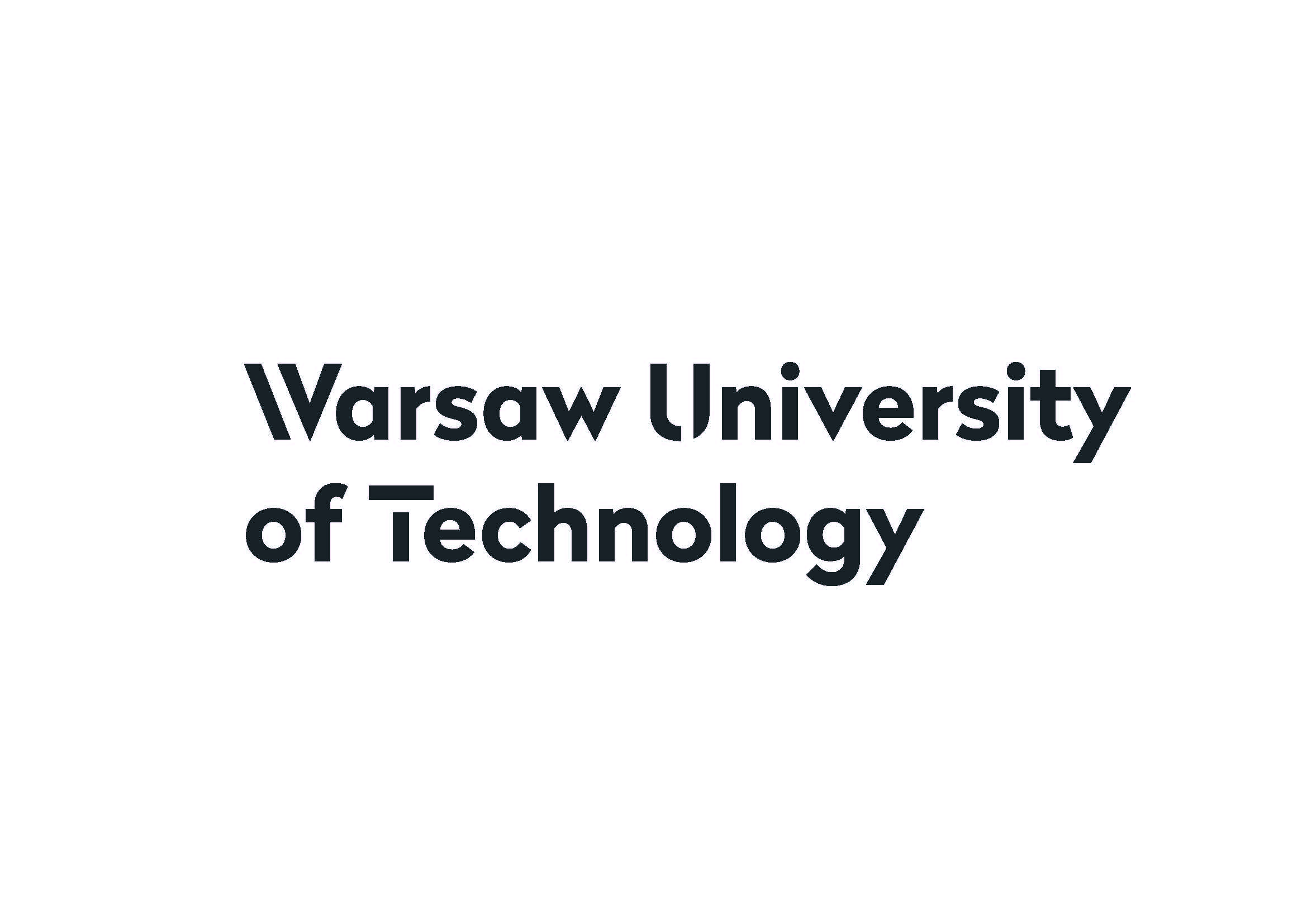
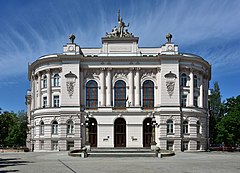
0 Comments